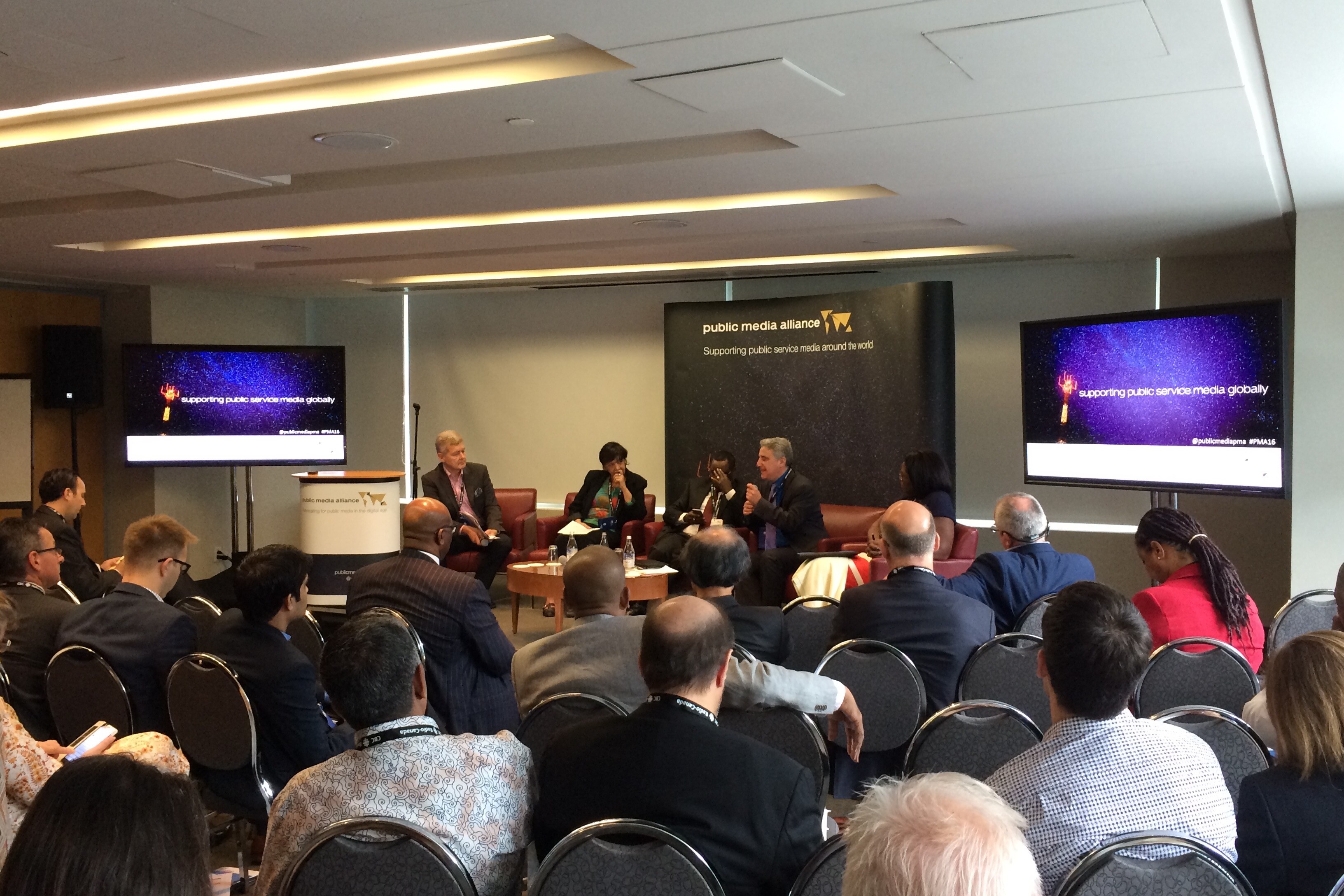New report by group of prominent international media freedom organisations calls for balanced coverage and independence of public broadcaster HRT ahead of crucial parliamentary election in September.
The report, titled Croatia: Media Freedom in Turbulent Times and authored by the International Press Institute (IPI), summarises a three-day mission to Croatia in June led by the South East Europe Media Organisation.
It claims that Croatia’s previous government – the conservative HDZ-Most coalition – asserted excessive control over HRT through mass staff restructuring and through influencing a “paradigmatic programming change”, in what has been described as an “ideologically driven purge”.
The changes made include the firing of up to 70 media workers and the termination of up to 10 television and radio programmes since the previous government came to power in January 2016, according to the Index on Censorship.
One of the key changes made by the previous government highlighted by IPI’s report, was the replacement of HRT’s Director General with a coalition appointed acting-DG. Yet despite the fall of the coalition in July, the report notes an amended law which allows the acting DG to stay in power until after September’s parliamentary election, thus suggesting a “deliberate politicisation” of HRT.
Further contributing to independence concerns, the Osservatorio Balcani e Caucaso reported last month that acting-DG Siniša Kovačić was the former President of the Association of Croatian journalists and publicists (HNiP), known for its criticism of non-profit media outlets and widely considered as “the long arm of HDZ”.
Amongst other core issues flagged by the IPI report, was the “rise in nationalistic and revisionist discourse within Croatia’s public sphere… also used to intimidate critical media” as well as troubling smear campaigns launched by politicians against media organsiations that fail to demonstrate sufficient “patriotism” and the lack of investigation into physical attacks against journalists.
The report follows what has been a troubling 2016 for public media outlets in Croatia and across the Balkan region. Bosnian PSB BHRT almost collapsed this summer following poorly managed state-controlled funding whilst Serbian regional PSB RT of Vojvodina was put under the direct control of central government. According to Analitika research fellow, Davor Marko, many of these issues stem from ineffective regulatory frameworks and legislative systems, which are ill-placed to protect against political interference.
The Public Media Alliance agrees with the IPI report and its contributors in calling for an assurance for the safety of journalists, the repeal of amended laws that impose further against the independence of HRT and the need for balanced coverage of campaigns ahead of Croatia’s parliamentary election on September 11.
Read IPI’s Croatia: Media Freedom in Turbulent Times report in full.
Related Posts
10th October 2016
Public Media Alliance sparks dialogue on trust in the media
Last month, Craig Hammer opened the…
2nd August 2016
Calls for transformation of public media in Spain
In a new challenging political climate,…
